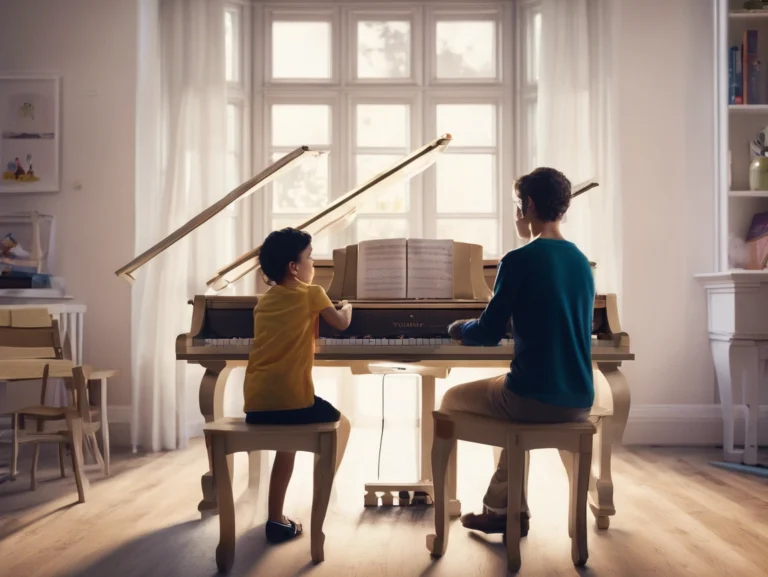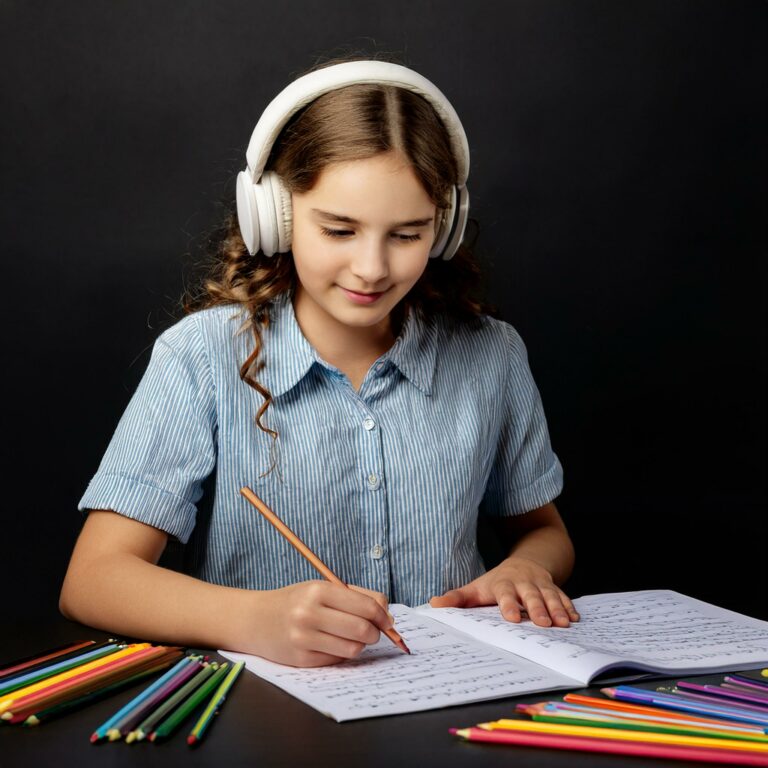The Definitive Guide to the Best Online Piano Lessons in 2025
Mastering the piano has never been more accessible thanks to the rapid growth of online piano lessons. With countless platforms and teaching methods available, choosing
Mastering the piano has never been more accessible thanks to the rapid growth of online piano lessons. With countless platforms and teaching methods available, choosing

Why Online Piano Lessons are Thriving and Successful There is a notable difference between in-person piano lessons and online piano lessons. I have always conducted

The Superiority of Traditional Piano Learning Methods Over Quick Fix TechniquesThe Importance of Sheet Music and Music Theory in Piano EducationLearning to play the piano

learning piano with sheet music Learning piano with sheet music is different from what most student musicians would think. It does not mean hours of

how to learn to play piano online How to learn to play piano online. An often-asked question, the answer can make a student great or

A Major Chord Basics For many, the idea of music is terrifying. It is not surprising that so many describe it. The chord of A

Pianos vs. Keyboards: Unveiling the Keys to Your Musical Journey Pianos vs. keyboards, Do you want to learn to play piano but are stuck between

How to learn piano at home: How to learn the piano at home is easy; in fact, it has been done for hundreds of years.

Is music theory important for piano Is music theory important for piano or a detour or a shortcut to piano mastery? Unlike some subjects, musical